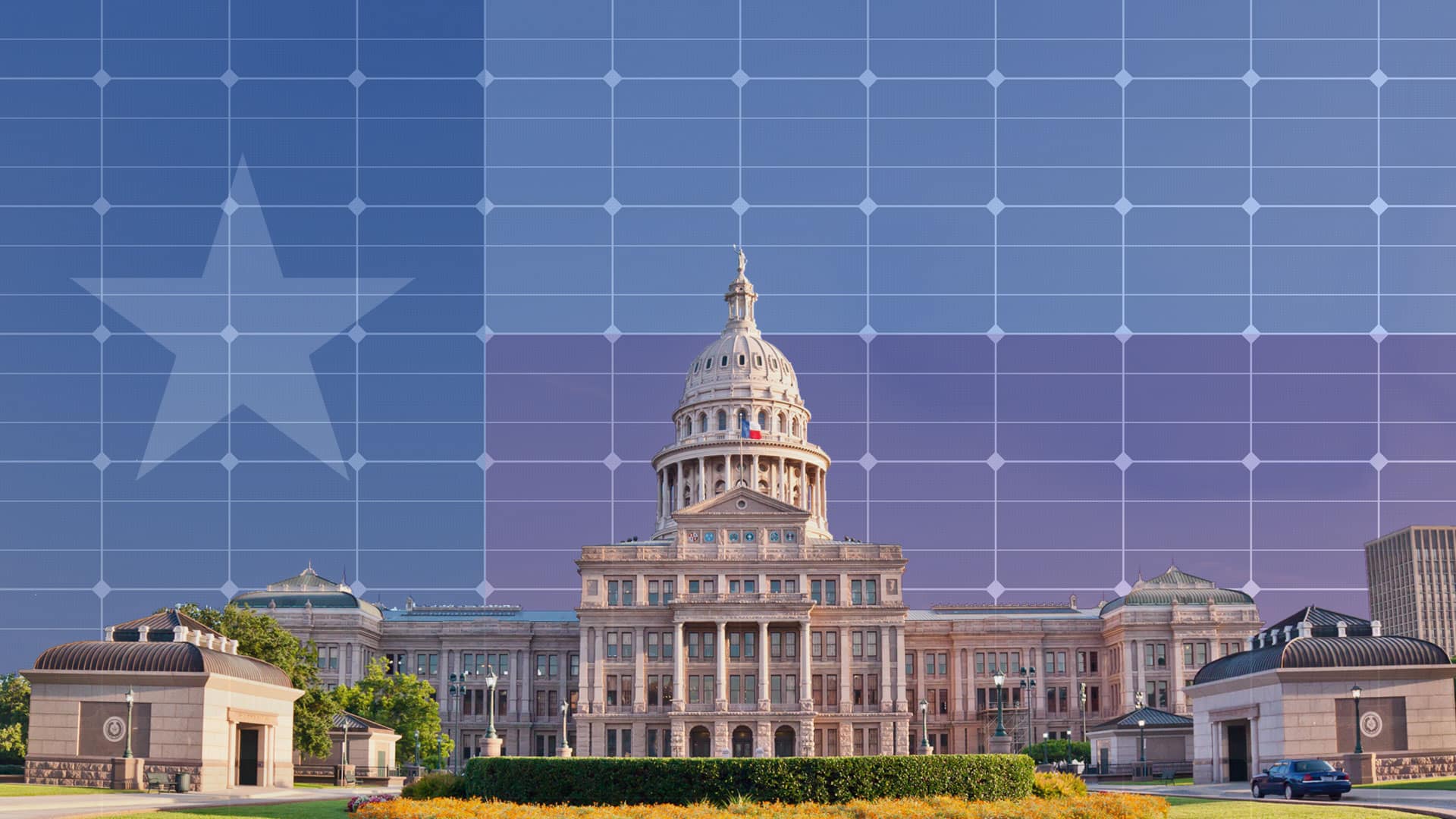
Lawmakers Fighting Solar in Texas
Texas Lawmakers are Stifling the State’s Clean Energy Capacity
Texas is no stranger to energy production–the state is well-known for being the largest oil and gas producer in the United States. However, in recent years, Texas has also emerged as a leader in renewable energy. The state currently leads the nation in wind energy production and is home to the fastest growing solar industry in the country.
POLITICIANS CONTINUE TO PROMOTE FOSSIL FUELS
Despite the potential for Texas to become a leader in renewable energy, there are still lawmakers promoting natural gas and fossil fuel energy sources. In early May, the Texas Senate passed SB 2627, a $10 billion plan to address the state’s energy needs. The bill would offer 0% loans for 20 years to companies building new natural gas fired power plants. In addition, the state would also pay a bonus to companies if their plants became operational by the end of 2026. Lastly, the bill also encourages companies to keep old natural gas plants in operation by offering companies 0% loans to keep their plants on for 5 more years instead of closing them. Senate Bill 2627 is now headed to the House to be debated.
POLICIES SLOWING ALTERNATIVE ENERGY GROWTH
In addition to promoting natural gas and fossil fuels, lawmakers in Texas are actively stifling renewable energy growth via a handful of damaging bills that environmentalists and energy analysts say would harm local clean energy companies and jeopardize the nation’s larger climate goals. In the past year alone, GOP lawmakers in Texas have introduced legislation that would prohibit cities or counties from banning gas hookups in newly constructed buildings, eliminate the state’s remaining tax credits for renewables, prevent insurance companies from considering climate-related investing when setting customer rates, and increase the costs to register electric vehicles and hybrid cars in the state. These measures have led environmental advocates like Luke Metzger, executive director of Environment Texas, to voice concerns, saying, “the state of Texas is dispensing with the free market to subsidize polluting power plants and discriminating against wind and solar energy.”
Another of the bills in question would require large-scale wind and solar farms to win the approval of the Public Utility Commission of Texas, whose members are appointed by Gov. Greg Abbott (R), a staunch supporter of fossil fuels. New alternative energy projects would be subject to a state environmental impact review, developers would have to pay a yearly fee, and they would need a new permit anytime they made significant changes to existing projects. Environmental groups say these bills unfairly target renewable energy in Texas, where oversight of the oil, gas and petrochemical industries is lax.
BUT WHY?
While most of those bills have failed to pass, the battle against renewables in Texas is making state officials hesitant to apply for the federal clean energy grants available through the Inflation Reduction Act due to suspicion that the state legislature may bar them from using those funds in the future. Lawmakers in support of the new rules and permitting requirements for solar and wind justify these moves by arguing that renewable energy is inherently unreliable and that more fossil fuels are needed to avoid another electricity blackout crisis — even though most of the loss of generating capacity during the 2021 outage came from gas power plants.
Other officials say they are acting, in part, because the rapid expansion of solar and wind projects threatens the scenic character and way of life of the state’s rural communities. Opposition from locals to solar and wind farms is growing in rural West Texas, where some residents are calling for more regulations to the renewable energy industry. According to a report from the Texas Tribune, residents in rural areas of the state have a list of reasons for fighting solar development: the projects can require cutting down trees, scraping away grasses and blocking wildlife with fences. Opponents also argue that wind and solar projects are bad for the ecosystem – wind turbines can kill birds and bats, and solar farms require installing infrastructure on large areas of land.
While the rapid expansion of wind and solar in rural Texas has angered some landowners, it has benefited others eager to lease their property. It has also boosted local governments’ tax revenue. “Wind and solar have been really the only economic development that exists in our area. Samsung and Tesla are not going to come to West Texas,” said Aaron Hood, president of the Texas Association of Rural Schools. Hood’s school district in West Texas used the increased tax base from local wind farm developments to issue a bond to pay for a new school building. He worries that other small school districts poised to benefit from the state’s solar boom may not be able to cash in if lawmakers pass the slate of bills. “Without these projects coming to Texas, they would have no hope of any true increase in revenue,” he said.
CALL TO ACTION: CONTACT YOUR REPRESENTATIVE AND GO SOLAR
Despite the challenges facing the growth of renewable energy in Texas, there are still ways for individuals to make a difference. One way is to contact your representatives and urge them to support policies that promote renewable energy. Another way is to take personal action by investing in solar energy for your home or business. At the moment, the upfront costs of installing solar are the lowest they’ve ever been, and with electricity costs continuing to rise, locking in your rate by going solar is a practical solution to avoiding surprise price hikes.
To learn more about the benefits of going solar, or to receive a complimentary quote from NATiVE, contact us! NATiVE has over 15 years of experience designing, installing, and servicing solar arrays across the Lone Star State, and yours could be next! #TakeYourPowerBack with NATiVE Solar.
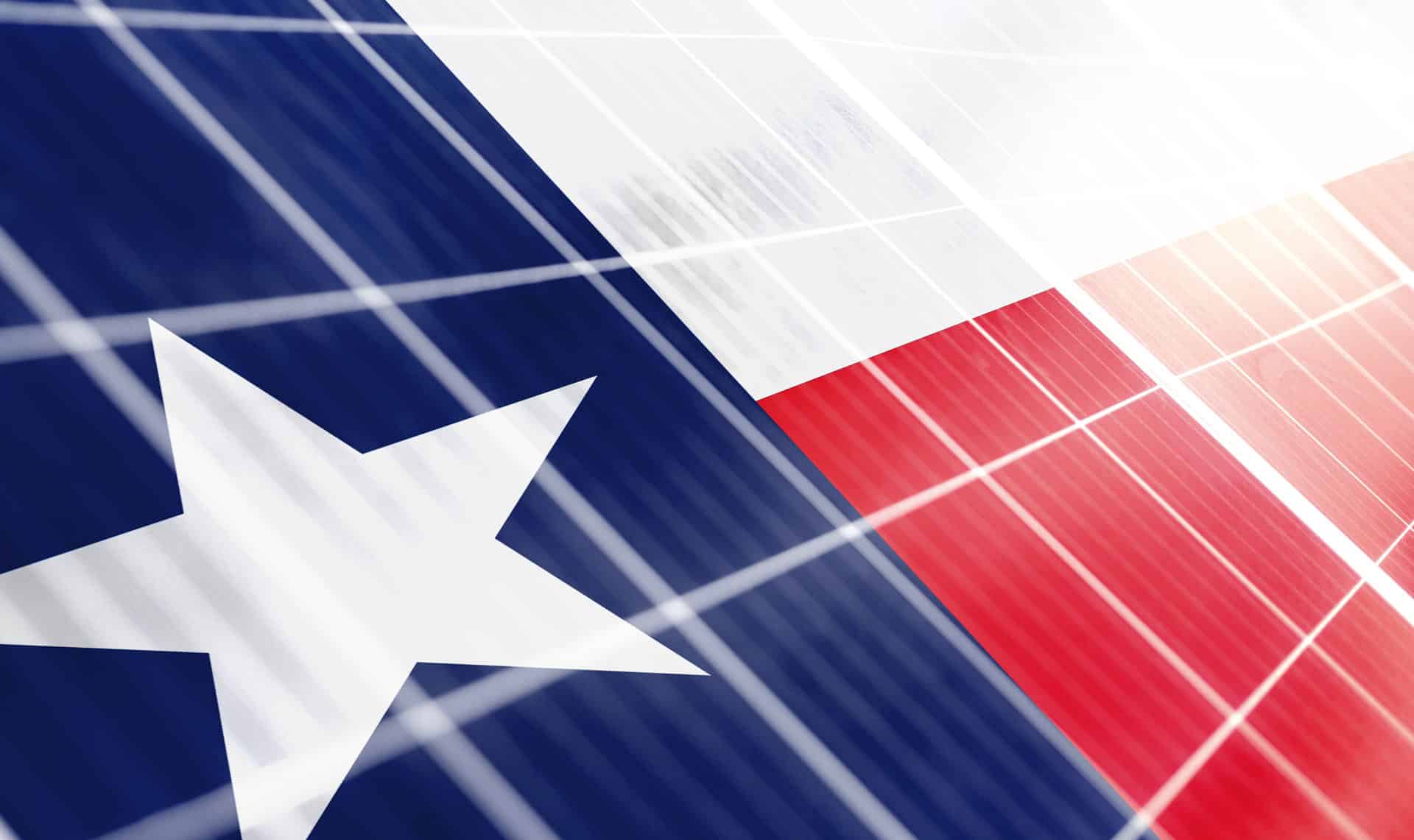





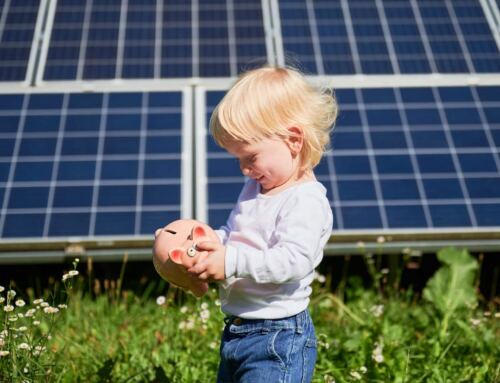
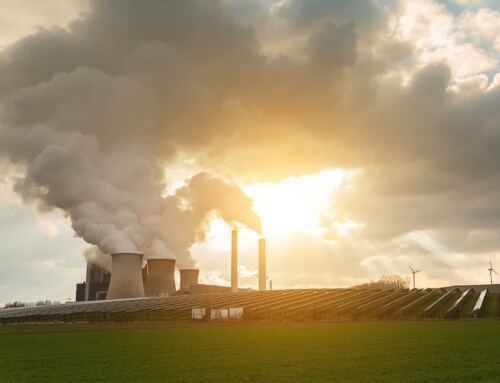
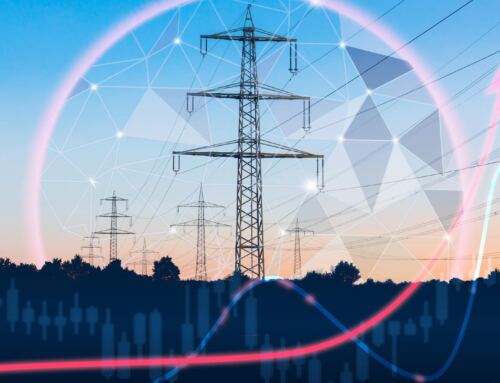
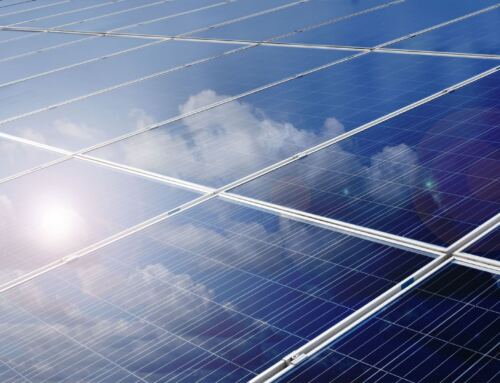
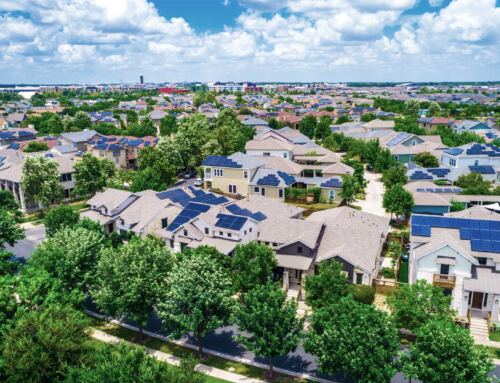
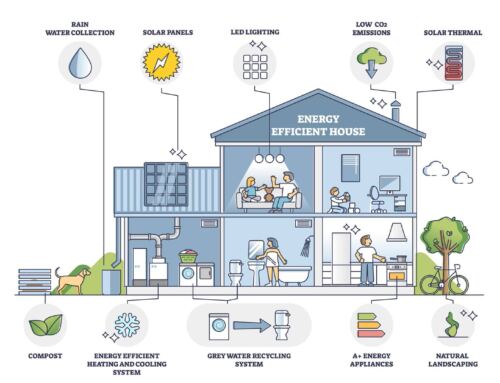
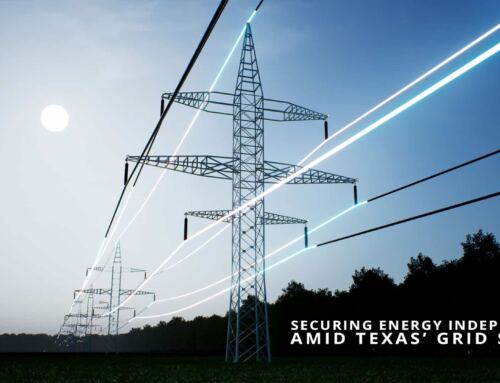
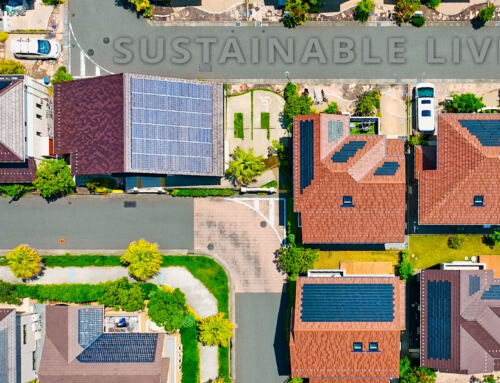
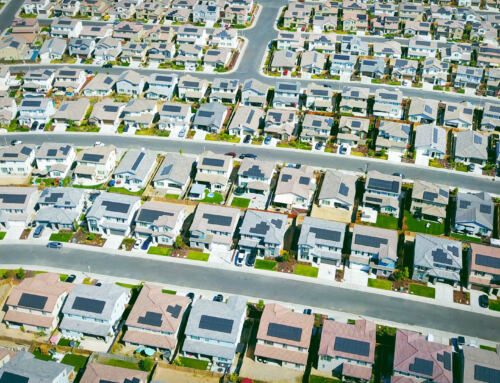
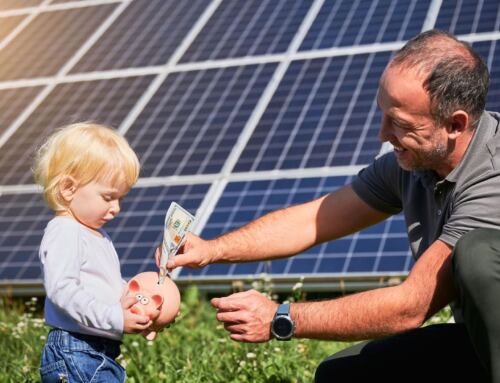
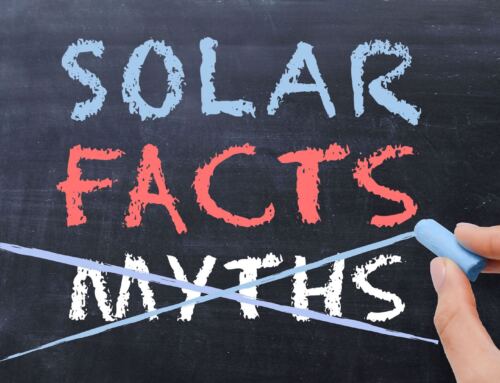

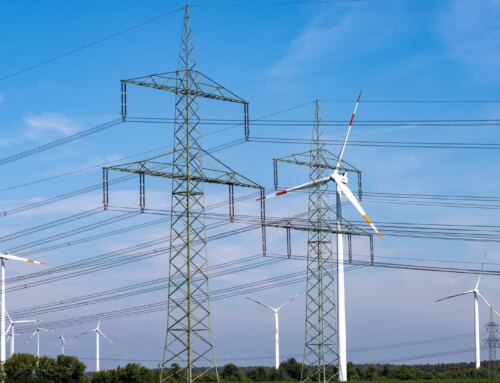
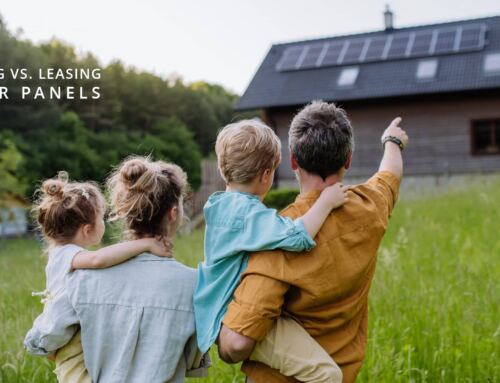
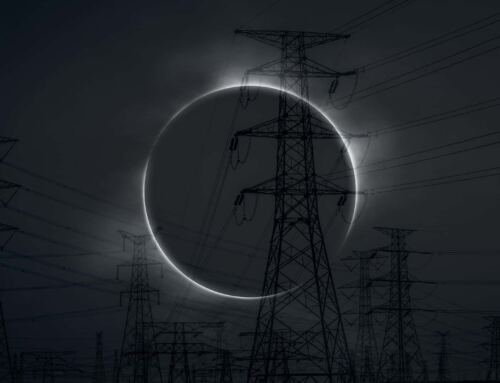
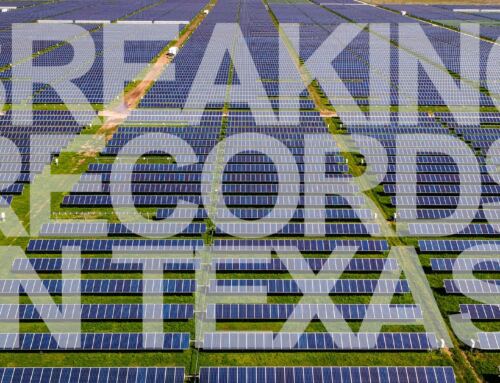
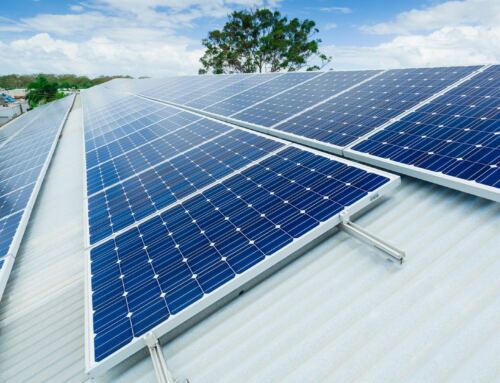
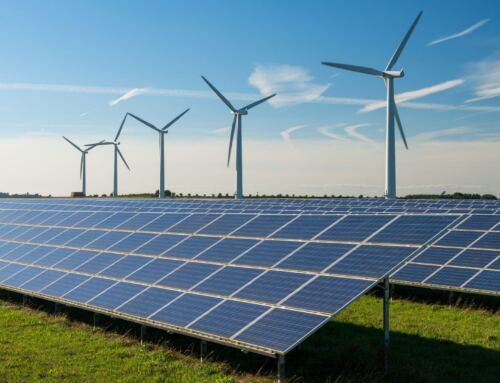

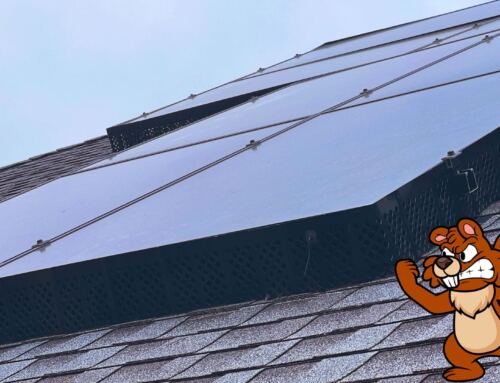

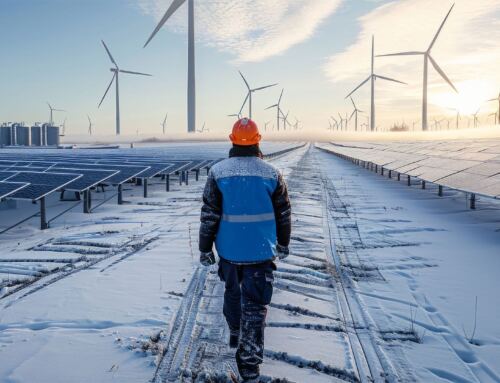
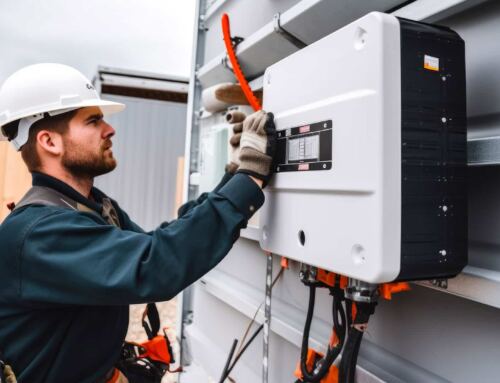
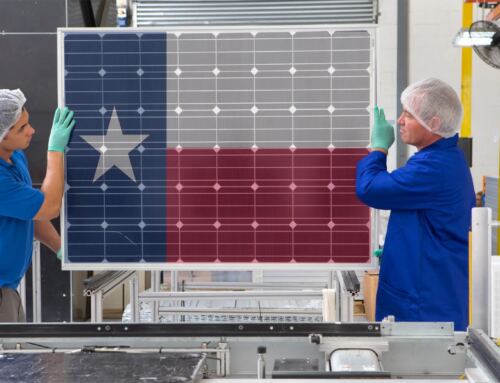
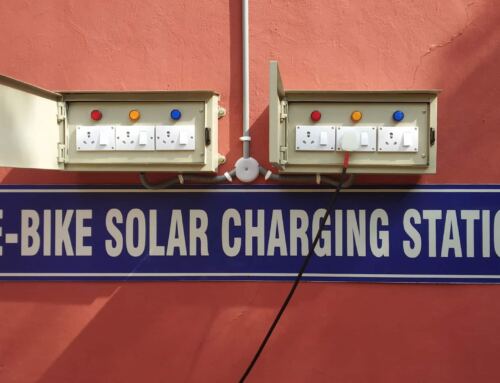

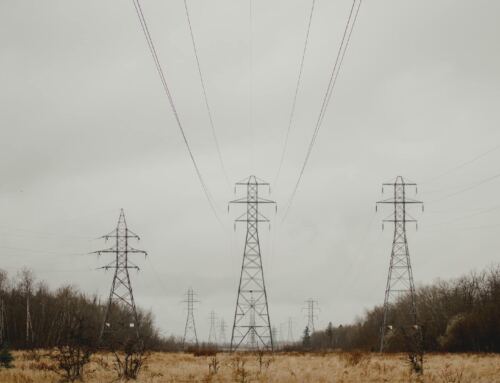
[…] capacity predictions specifically call wind unreliable, and the Legislature continues to target renewables in favor of bolstering natural gas. By shifting the blame onto renewables, ERCOT aims to garner support for the construction of […]